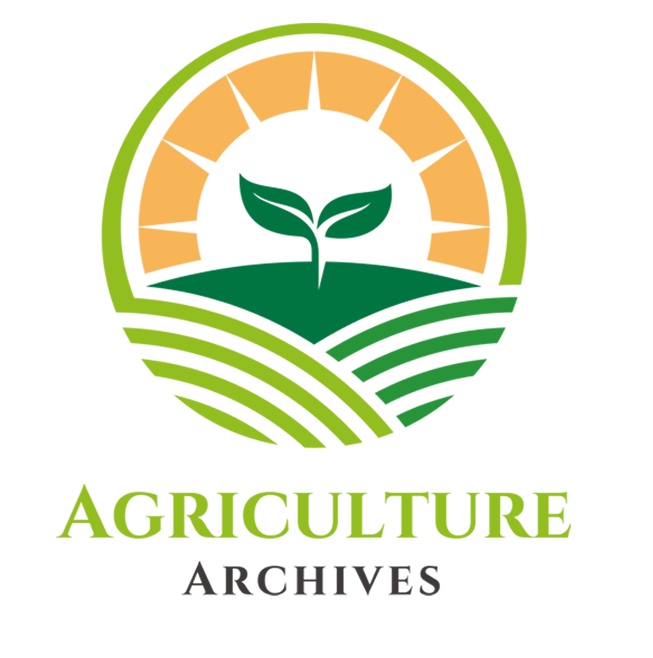The increasing degradation of soil and loss of plant biodiversity pose significant threats to global food security and environmental sustainability. Traditional agricultural practices often prioritize short-term economic gains over long-term environmental health, leading to unsustainable exploitation of natural resources and explores the critical intersection of policy frameworks and soil and plant conservation economics, emphasizing the need for an integrated approach to promote sustainable agricultural practices. It then examines the policy instruments currently employed in agriculture, such as subsidies, regulations, and market-based approaches, assessing their effectiveness in achieving conservation goals. Through an analysis of case studies and recent literature, the review identifies key challenges in aligning economic incentives with environmental conservation, such as conflicting interests, policy gaps, and economic barriers. Strategic approaches for integrating policy and conservation economics are proposed, including sustainable policy design, stakeholder engagement, and the development of innovative economic models. The review also presents policy recommendations aimed at bridging the gap between economic growth and environmental stewardship, emphasizing the need for a comprehensive framework that supports both conservation and economic development. The findings underscore the importance of creating policies that are not only environmentally sustainable but also economically viable, ensuring that conservation efforts are both practical and beneficial for all stakeholders. This review contributes to the ongoing discourse on sustainable agriculture by providing insights into the ways in which policy and economics can be harmonized to achieve long-term environmental and economic goals.
